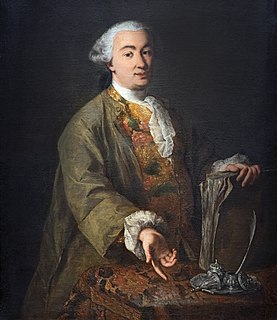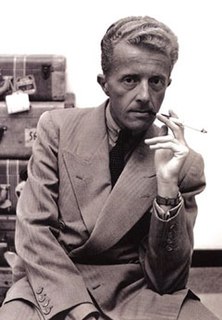A Quote by William Hazlitt
A wise traveler never despises his own country.
Related Quotes
[Heraclitus] did not require humans or their sort of knowledge, since everything into which one may inquire he despises [as being] in contrast [to his own] inward-turning wisdom. [To him] all learning from others is a sign of nonwisdom, because the wise man focuses his vision on his own intelligence.
No man is so foolish but may give another good counsel sometimes; and no man is so wise, but may easily err, if he will take no others counsel but his own. But very few men are wise by their own counsel; or learned by their own teaching. For he that was only taught by himself had a fool to his master.
[Hermogenes] despises God's law in his painting, maintains repeated marriages [almost certainly a reference to remarrying after divorce or perhaps even widowhood, which Tertullian, who became a Montanist, opposed], alleges the law of God in defense of lust [likely same reference], and yet despises it in respect of his art.
The [travel] writer, looking back at the journey from a distance of a year or two (or three), is a different character from the hapless character who undertook the trip: wise after the event, with the leisure to tease out meanings from the experience that the distracted traveler never had, and often impatient with his alter ego's blinkered and unsatisfactory version of things.


































